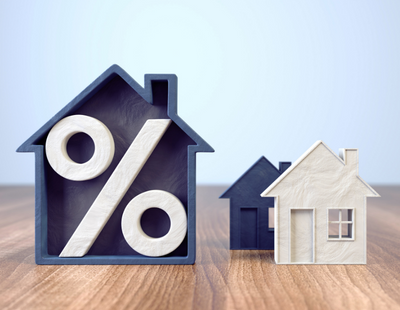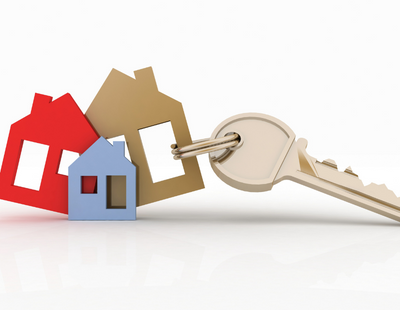
Mortgage interest rates increased by 2.56% in 2022, with a sharp increase from 1.51% in January to a record 4.07% on December 31st 2022.
The statistics, from money.co.uk mortgages display an increase in mortgage rates and analysed factors such as average fixed and variable mortgage rates every month from January 2012 to December 2022.
Mortgage approvals in the United Kingdom fell from 74,425 in August 2022 to 35,612 in December.
Mortgage rate increases during 2022 were:
|
Average Mortgage Rate (2 year, 75% LTV)
|
|
Date
|
Fixed Rate
|
Variable Rate
|
|
31 January 2022
|
1.64%
|
1.51%
|
|
28 February 2022
|
1.78%
|
1.75%
|
|
31 March 2022
|
2.14%
|
2.01%
|
|
30 April 2022
|
2.35%
|
2.32%
|
|
31 May 2022
|
2.63%
|
2.39%
|
|
30 June 2022
|
2.87%
|
2.45%
|
|
31 July 2022
|
3.48%
|
2.23%
|
|
31 August 2022
|
3.60%
|
2.33%
|
|
30 September 2022
|
4.17%
|
2.78%
|
|
31 October 2022
|
6.00%
|
3.23%
|
|
30 November 2022
|
5.97%
|
3.91%
|
|
31 December 2022
|
5.43%
|
4.07%
|
Since 2009, mortgage rates in the United Kingdom had been declining, which was good news for first-time home buyers and re-mortgagers. In September 2021, the average 2-year, 75% LTV fixed mortgage rate was at its lowest at 1.2%.
However, with inflation sharply on the rise, the Bank of England increased interest rates six times in 2022, resulting in significantly increased mortgage rates.
The average for a two-year 75% LTV mortgage is up to 5.43% for a fixed-rate deal, and 4.07% for a variable rate, as of December 2022.
Rising mortgage rates will likely result in a decline in borrowing, which may curb demand for housing and slow down the dramatic increase in house prices seen since the start of the pandemic.
Claire Flynn, money.co.uk mortgages expert said: “For buyers who want to purchase now, a key consideration is negative equity. Negative equity is when your home is worth less than what you owe your mortgage lender, making re-mortgaging or selling very difficult. If house prices do fall, there’s a risk of this, particularly for those who buy with a small deposit.
“If you are in the position to purchase your first property or move up the property ladder, putting down a larger deposit can help ease the risk of negative equity, and it also helps bring your mortgage rate down.
“The best mortgage rates are usually reserved for buyers who put down 40% or more of the purchase price, but even a 25% deposit can get you access to better deals than a smaller deposit.”
You can view the complete study here.












.jpg)





Join the conversation
Be the first to comment (please use the comment box below)
Please login to comment